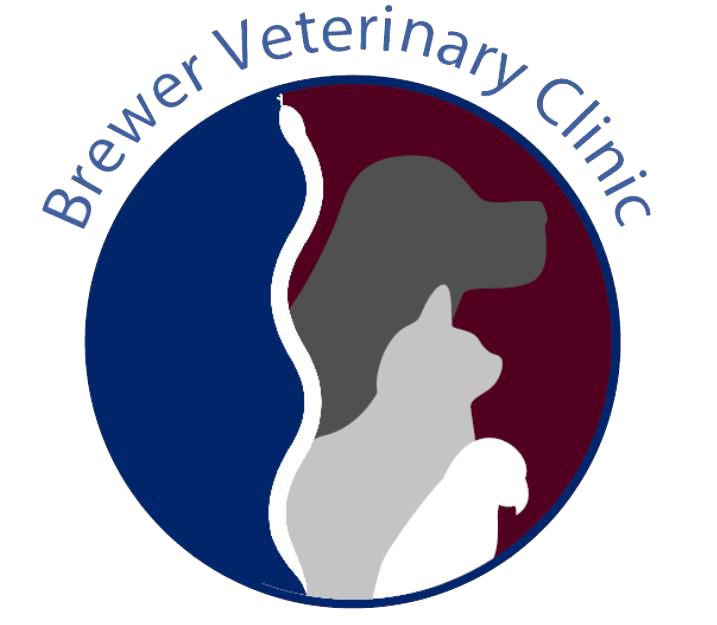Letishia performs a dental cleaning on a feline patient under sedation.
Since February is National Pet Dental Health Month, we've received a lot of questions about dental health for both canine and feline patients. Our most asked question after a client finds out their animal needs a dental cleaning is, "Can it be done without anesthesia?" The answer is yes, it can, but your pet's teeth might suffer from it in the long run.
What Is an Anesthesia-Free Dental?
Anesthesia-free dentals are similar, in a way, to what we experience when we go to the dentist ourselves. Limited tools are used to scrape tartar and plaque buildup on the teeth, rendering them clean on the surface. Sounds pretty straightforward, right? But there is a huge difference between us going to the dentist and our pets going to the dentist. We understand the concept of dentistry, who the dentist is, and what their intentions are. A pet may see a scary stranger with a pointy tool trying to play around in their mouth while someone holds them down. Pets can easily be injured if they jerk or move suddenly when cleaning tools are in their mouths, and the person performing the dental increases their chances of being bitten by patients who have had enough. Even the most well-behaved animals have the potential to injure or be injured if they are scared enough.
Not only is it a matter of safety for everyone, but anesthesia-free dentals are primarily cosmetic. They might make your pet's teeth whiter on the surface, but most of the plaque-forming bacteria exists below the gum line and on the inside area of the teeth closest to the tongue. Scraping below the gum line with a sharp tool can be risky and uncomfortable to an animal that is fully awake, so only the visible parts of the pet's teeth are cleaned. The inside area of the mouth is not able to be properly assessed since most pets won't open their mouths and say, "Aaaah!" If plaque is not removed from the teeth, it forms tartar which causes major problems down the road. Anesthesia-free dentals merely place a Band-Aid on the problem of dental disease and don't actually hinder the progression of the disease.
Small canine patient, before and after dental cleaning under sedation.
Benefits of Anesthetic Dentals
If you're like me, the thought of going under anesthesia is intimidating. Everyone has heard a "surgery gone wrong" story at some point in their lives, and while there are still some risks, anesthesia is the safest it's ever been. With any procedure that requires anesthesia, the biggest step to reduce the risk of an adverse event is performing pre-surgical blood work. The blood work will screen for any elevated liver/kidney values that would make anesthesia risky. Veterinarians evaluate each patient carefully and take age and overall health into consideration before they decide anesthesia would be safe for them.
There are many great reasons to have your pet's dental cleanings done under full anesthesia, which include:
- Veterinarians and technicians can perform full mouth exams to address problem areas, such as below the gum line and teeth further back in the mouth.
- All areas of the teeth are able to be cleaned, not just the outer part of the mouth.
- Dental x-rays can be taken with ease to show areas of concern not seen by the naked eye. X-rays can be crucial to pinpoint potential damage located below the gum line that may affect the bone structure of the jaw and surrounding tissue.
- Patients and technicians are safer! Patients are still, allowing technicians to work without being bitten or unintentionally hurting the patient with dental tools.
Feline patient, before and after their dental cleaning. Notice the heavy amounts of tartar removed!
Always talk with your veterinarian if you have any additional questions about anesthesia or if you think your pet may be a good candidate for a dental cleaning. While February may be Pet Dental Health Month, year-round care of your pet's teeth ensures that they keep their pearly whites for many years to come!



